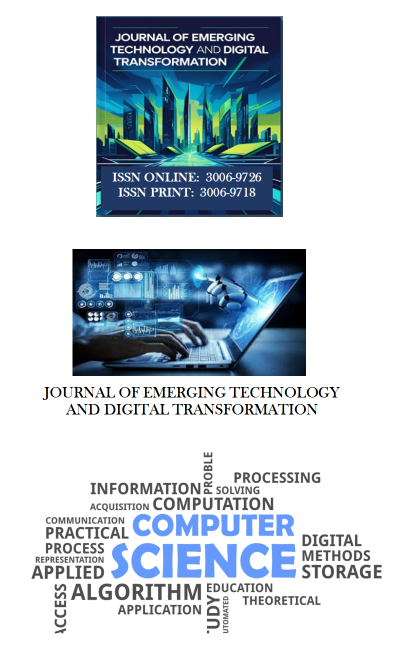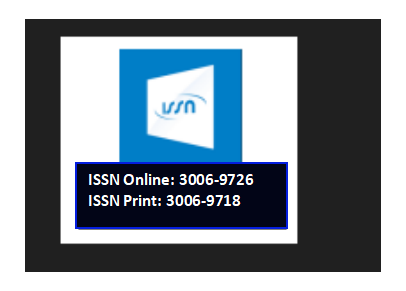HEC RECOGNIZED JOURNAL

The Journal of Emerging Technology and Digital Transformation (JETDT) is committed to publishing original, high-quality research that adheres to the highest standards of academic integrity. Plagiarism is a serious offense that undermines the integrity of research and scholarship.
This policy outlines the following:
Authors are responsible for ensuring that their manuscripts are original and free of plagiarism. By submitting a manuscript to JETDT, authors agree to adhere to this Plagiarism Policy.







